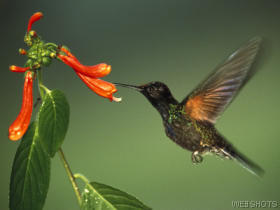
The success and popularity of our ‘Cock-of-the-Rock tour’, in north-central Ecuador, has prompted us to expand our selection in this bird-rich country. Whilst many birders are familiar with such sites as Mindo, Bellavista and Tandayapa, the chocó and lowland forests of north-western Ecuador are less well known, yet home to many range-restricted and endemic birds.
When the Andes were formed, the Chocó region (wet lowland coastal forests stretching from Ecuador through Colombia and into Panama) was cut off from the Amazon rainforests in the east, leading to a divergent evolutionary path. It is now thought that between one-fifth and a half of all the species found in this area are endemic. In the last 60 years however, over 95% of Ecuador’s Chocó forests have been destroyed; it now has the dubious honour of being the most intensively farmed area in Ecuador, covered mainly with monoculture African palm oil plantations. The Chocó Endemic Bird Area (EBA), as defined by BirdLife International, traverses the length of western Colombia and Ecuador. The EBA, characterized by wet forest and with up to 16,000mm of rain per year, is arguably the wettest place on earth! The Chocó has one of the world’s richest lowland biotas, with exceptional richness and endemism in a wide range of taxa, including over 50 endemic bird species.
This is the area on which this tour focuses; an ideal itinerary for repeat visitors to Ecuador in search of new and exciting birding horizons. The tour is also a chance to support a critically-important self-sustaining ecotourism enterprise run by the region’s poor Afro-Ecuadorian population.


No comments:
Post a Comment